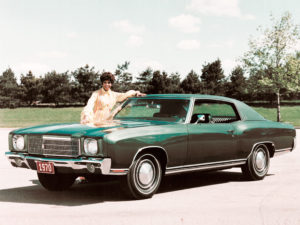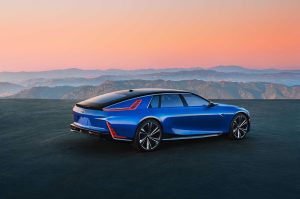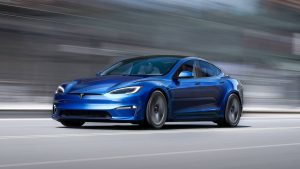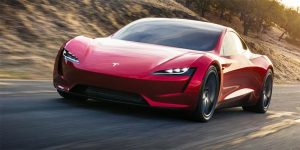There are currently no self-driving cars for sale in the U.S., despite what you may read in the headlines. In a recent post on Medium, John Lawler, CEO, Ford Autonomous Vehicles LLC, and Ford Motor Company Vice President, Mobility Partnerships, spelled out how the Volkswagen and Ford investments into Argo AI will help move the ball when it comes to the future of self-driving and autonomous vehicle technology.
A deal between Volkswagen, Ford, and Argo AI was announced last year and valued at $7 billion. As part of the partnership agreement, Volkswagen committed to investing $1 billion in funding and contributing its $1.6 billion Autonomous Intelligent Driving (AID) company, which includes more than 200 employees – most of whom have been developing self-driving technology for the Volkswagen Group.
Ford has already invested billions in the technology company.Photo courtesy of Ford Motor Company
Additionally, Volkswagen is set to purchase Argo AI shares from Ford for $500 million over three years (part of a larger $1 billion cash commitment to Argo AI).
With the money, Ford and Volkswagen have an equal stake in Argo AI.
It helps with the cost.
Volkswagen is slightly flusher with cash than Ford at the moment but the investment by both companies means that they won’t be independently shelling out to research, develop, build, and test phases of the technology as it develops.
Ford has committed to spending more than $4 billion through 2023 on the development of self-driving tech. Because there are currently no self-driving cars on the road today, each dollar spent is an investment in the possibility of a future. That’s not a quantifiable amount of ROI (return on investment) so joining together should help soothe investor insecurity regarding the spend.
The partnership makes scalable deployment possible.
Argo AI is able to use the partnership to make plans to scale up the roll out of its technology. Ford and Volkswagen sell vehicles worldwide giving an instant global presence to the technology in the marketplace, on some of the most popular models sold.
Having a proper and dependable scalable infrastructure in place allows for predictability of costs. This, in turn, allows for more informed decision making due to more predictable economic conditions, which informs everything from the number of staff working on the technology to the types and brands of equipment used in the process.
Ford and Volkswagen remain independent
Though the companies are both all in on this partnership, they’re still committed to their own company branding, vehicle development, and technology rollout plans. Any technology developed by the company would likely need to work its way into the lineup rather than create a whole new joint product line shared by Ford and Volkswagen.
This also means that the companies are dedicated to competition. Lawler writes, “Ford will remain independent and fiercely competitive in building its own self-driving service. Sharing the development costs with Volkswagen doesn’t mean Ford is reducing its overall spend in the autonomous vehicle space. Instead, we are reallocating the money toward our unique customer experience including transportation as a service software development and fleet operations. We believe building the best overall customer experience will help differentiate us from our competitors in the self-driving space.”
Argo AI remains committed
While the focus is on Ford and Volkswagen’s involvement, Argo AI hasn’t lost sight of their mission. When the investment news was made public last July, the company said that it was focused on delivering a SAE Level 4-capable SDS to be applied for ride sharing and goods delivery services in dense urban areas.








